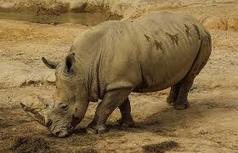 snort
snort One. Several species of rhinoceros are critically endangered, but none is hovering on the edge of a blade like the northern white rhino. These lumbering beasts once roamed vast territories in sub-Saharan Africa. However their numbers have declined over the last century due to poaching.
Their population in the wild was reduced from 500 in the 1970s down to just four in recent years. Unfortunately, the last four have vanished and it is now believed they have been killed for their horn as well. This means that the only few northern white rhinos are still alive are the few held in captivity. Armed guards are watching the last remaining male twenty four hours a day. Source: MNN.
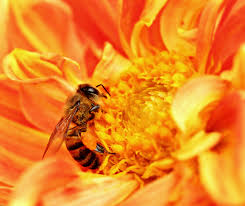 buzz
buzz With wild bees already under threat from habitat loss and pesticides, diseases could have a profound impact on their populations. Our of the 24 species of bumblebee in the UK, only eight are commonly found in most regions.
Conservation groups are calling for tougher regulations on importing bees for commercial use.
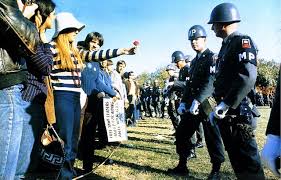 'have a flower'
'have a flower' Originally taken from ‘Hipster’, the term “hippie” was used to describe beatniks in San Francisco; children of the road who believed they should make love, not war. Donning psychedelic floral clothing and growing long hair and beards, young men banded together to offer love, accompanied by women with their tresses caught in scarves.
In 1962, my husband and I moved away from the city and arrived in Goolwa, a little country town at the outlet of the mighty Murray River in South Australia with our baby boy. The locals called us hippies, probably because of our mode of dressing and slightly unconventional ways. But really, we were normal people who wanted a peaceful place to raise our son.
Ten years later, we settled in another small seaside town. Robe offered us a chance to live the life we'd dreamed of—back to the Earth and fitting in with nature. I made a large vegetable garden and opened a craft shop, spun wool from my own sheep and sold bunches of wild flowers, eggs from our poultry, bunches of parsley and local muntree jam to the tourists. In the 70s, everybody wore garments in need of repair and made do with what they had, rather than allow industry to take over the natural rule in the Earth.
Now, war rages in many areas around the world. I wish love would overcome those fanatic people intent on destruction.
Having reached 73 years, I live out my remaining years in civilized England, supported by a pension and unable to grow my own food. I am amongst the last of the hippies. Big grin.
So do any of these declining species ring a warning bell in you?


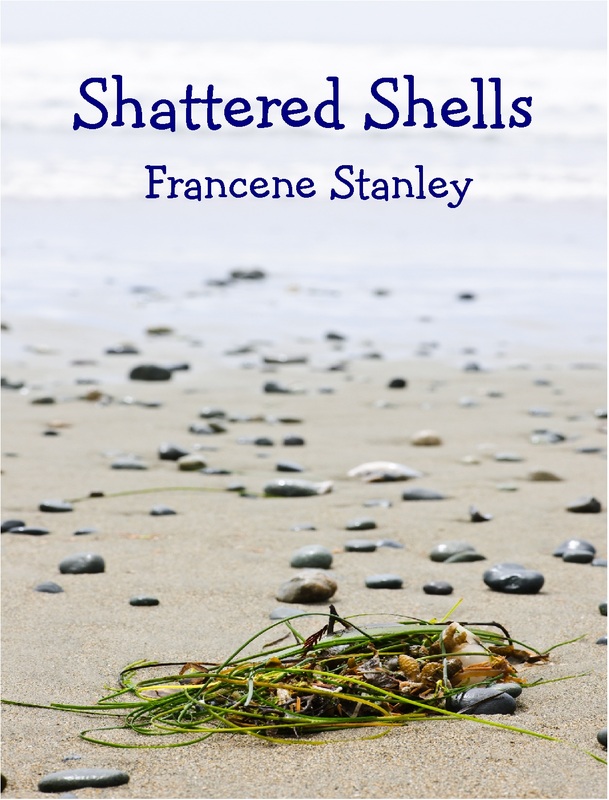

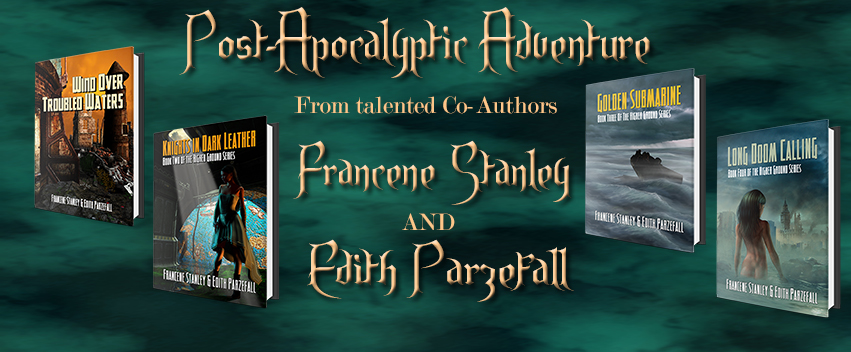
 RSS Feed
RSS Feed
